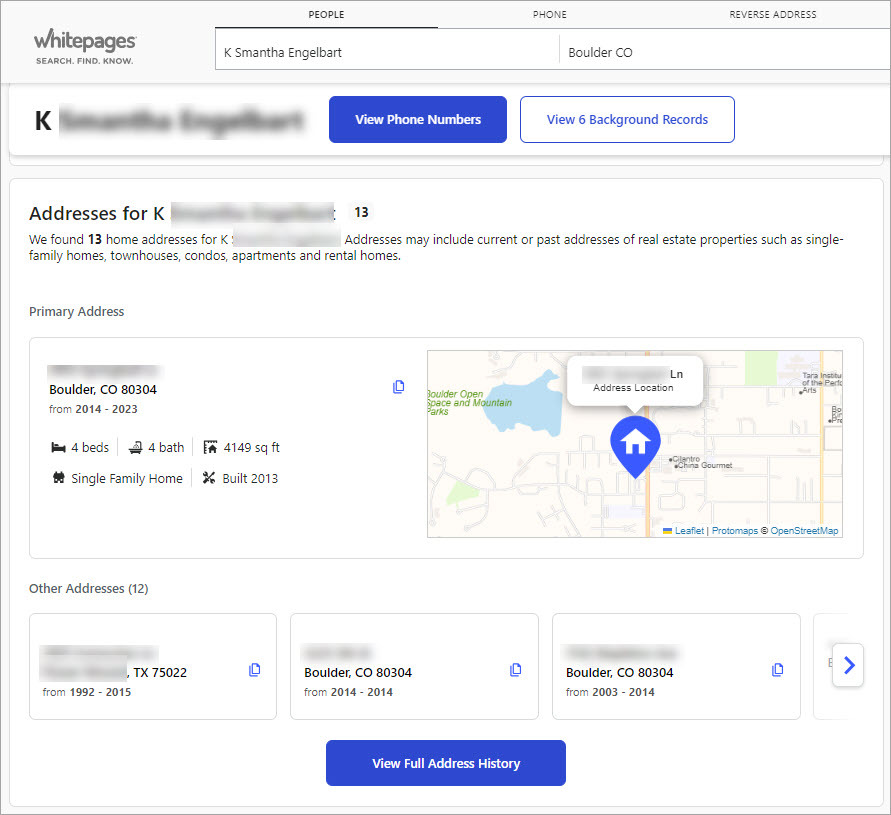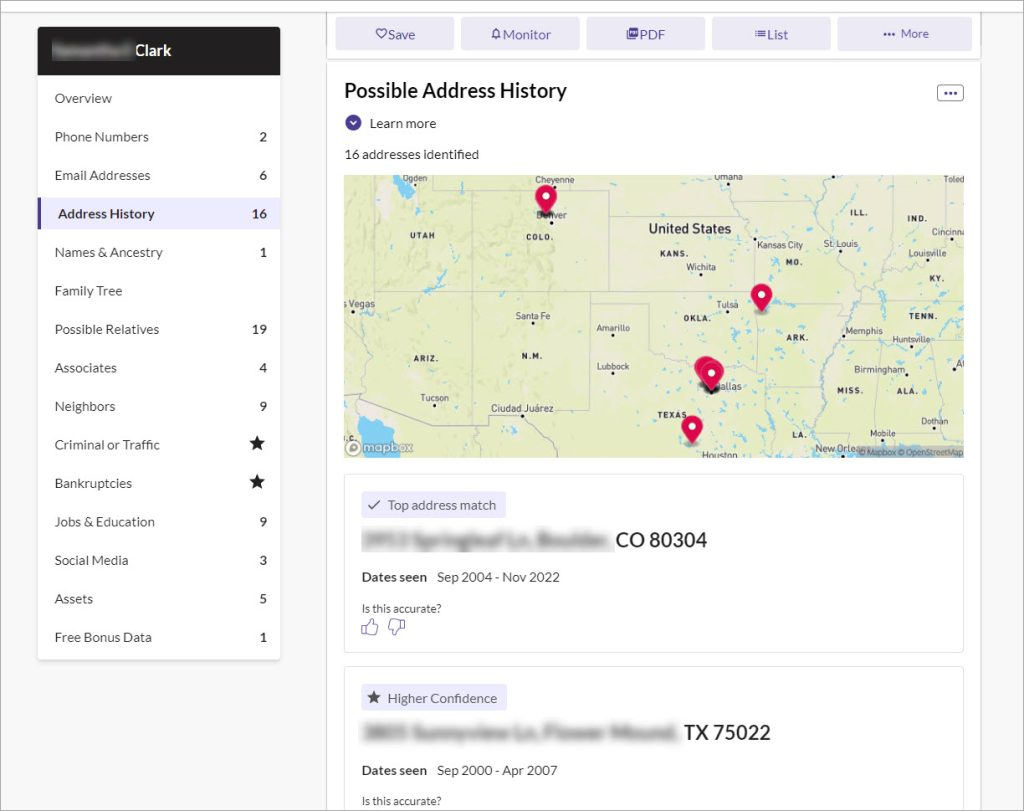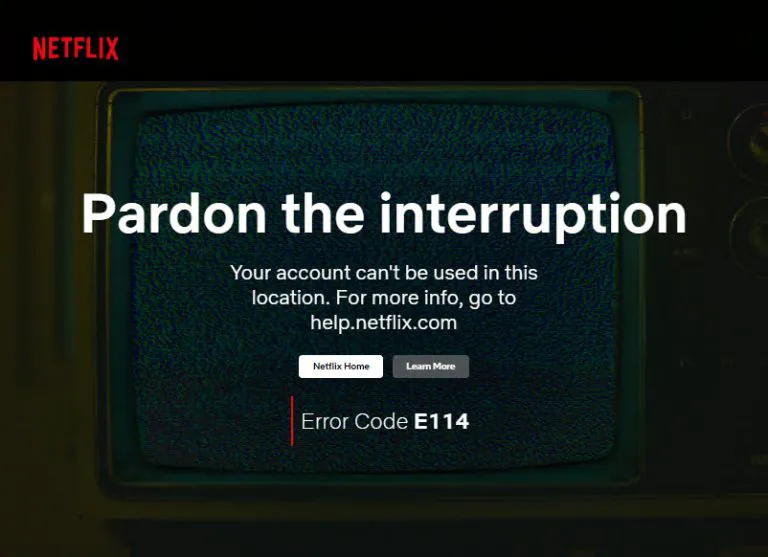Tips for Using People Search Engines Responsibly and Wisely

When you want to reconnect with an old friend, verify a potential date, or someone you’re dealing with online, people search engines can be incredibly effective and time-consuming. By crawling a variety of data sources, this type of service offers you comprehensive information on an individual in an easy-to-read report. However, they are not foolproof and suitable for all situations. It’s important for us, as customers, to set realistic expectations and use them responsibly.
Define your purposes
It’s important to have legitimate reasons for using people search tools. Before proceeding, clearly define your purposes and ensure they align with both legal and ethical standards.
Here are some common legal uses of people search tools:
- Connect with long-lost friends or former classmates
- Check out new neighbors
- Run background checks on romantic interests
- Verify online sellers or buyers
- Conduct family tree research
- Identify unknown phone numbers
- Look yourself up to see associated records
According to the Federal Trade Commission (FTC), people search sites are not classified as consumer reporting agencies like Experian, Equifax, and TransUnion, which collect and maintain information about people’s creditworthiness. They cannot guarantee the accuracy of the data provided and are strictly prohibited from being used for professional purposes below:
- Background check for employment — Do a background check to evaluate a person for employment, reassignment, promotion or retention.
- Hiring of household workers — Do a background check to choose a nanny or other domestic worker.
- Tenant background check — Do a background check for renters to assess their desirability as a residential or commercial tenant.
- Education background check — Do a background check to assess a person’s qualifications for an educational program or scholarship.
- Credit check or insurance check — Do a background check to assess the risk of existing credit obligations or a person’s eligibility for receiving credit or insurance.
- Individual customer background check — Do a background check to determine whether the person continues to meet the terms of the account.
- Evaluating adoptive parents, pet-owners, etc. — Do a background check to evaluate someone as a candidate to adopt a pet, service animal or human.
- Vetting someone in connection with a charity or nonprofit — Do a background check to decide whether someone can participate in, be considered for, admitted to, or gain from any non-profit, grant or charitable program or activity.
You can also review the specific guidelines of the people search sites you plan to use to understand what is and isn’t allowed. Some popular services include:
Choose the right service
When you search for “people search engine” or “people finder” on Google, numerous websites will pop up. So which one should you choose?
The core functionality of these websites is quite similar – you input a piece of information about someone like name and state and receive a wealth of person-related information. Although many of these services draw the same public databases, the information provided may differ slightly and the accuracy may vary depending on their underlying data processing technologies. Moreover, each service is unique in its user interface, customer service, additional features, and pricing.
You’ll hardly find completely free people search engines. Basic personal details such as name, age, relatives, phone numbers, email addresses, and addresses, may be revealed for free on websites like Whitepages, FastPeopleSearch, TruePeopleSearch, and USPhoneBook. However, comprehensive background information like education, criminal and traffic records, and associated social media profiles, usually require payment.

Before committing to a paid service, you should evaluate its effectiveness and reputation by checking third-party reviews or reading user feedback on websites like Trustpilot and Better Business Bureau (BBB).
Recognize the limitations of people search sites
Their results aren’t always accurate or complete
No people search tool is perfect. Paid websites may offer more accurate details than free ones, but they are still not 100% accurate or complete 100% of the time. Here are the reasons why:
Data sources – People search sites don’t produce or own data themselves. Instead, they rely on a range of data sources including public records and other commercial databases. Those may not always be accurate or up-to-date. While people search services will evaluate the reliability of their data sources and utilize advanced algorithms to organize the massive amount of data, it’s impossible to guarantee complete accuracy.
Public records availability by states – Public records, an important source of people search sites, are accessible to the public as regulated by the Freedom of Information Act (FOIA). However, their availability varies significantly by jurisdiction[1]. Some states have stricter laws and limit access to online records, leading to the information disparity of each profile you see on people search sites.
Limited data for certain individuals – Searching for a younger person typically yields fewer records, because there hasn’t been much time for their information to accumulate. So as people who do not actively engage online. Additionally, if the individuals you’re looking for have requested removal from the people search sites, which is permitted by the consumer privacy laws in the US[2], you won’t find their profiles.
Automated process – People search sites primarily operate automatically without human verification or identification. Computers crawl, process, and relate data, which can result in duplication or mismatch. Even though data brokers like people search sites maintain regular updates for accuracy, the data changes might not be immediately reflected[3].
Read more: Why People Search Sites Can’t Always Find What You’re Looking For?
Simply put, a people search is a time-saving and efficient way to obtain a plethora of information on an individual. With a monthly subscription starting at around $20, it’s budget-friendly, but it does have limitations in accuracy. For thorough and accurate background checks, you may choose a professional credit consumer agency or hire a licensed private investigator.
Be aware of misleading claims
Many advertisements overpromise the capability of people search tools. While these tools can be valuable in various situations, they won’t fulfill certain tasks such as tracking someone’s location, identifying vehicle owners, or monitoring social media activity.
Although people search tools can provide an individual’s address history, the information won’t show their current whereabouts. Similarly, they can uncover possible social media profiles under someone’s name but not the activity within these accounts. As for vehicle searches by VIN or license plate, you can check the ownership history but the exact name of the owner won’t be disclosed due to the Driver’s Privacy Protection Act (DPPA) restrictions.

If you encounter advertisements that seem too good to be true, take the time to verify the claims and consider what legitimate purposes the information could actually serve. Recognizing these limitations will help you avoid being misled and make informed decisions.
Verify the information independently
A people search site allows you to find a wealth of information – much more than you’d be able to find on your own. But as we said above, the information can be inaccurate or outdated. To use the information wisely and mitigate the risks of relying on potentially incorrect data, try to cross-reference the results with other reliable sources or tools.
For example, the people search results may include the person’s current and previous phone numbers and email addresses or even those of their relatives. You can filter the phone numbers by selecting ones with the correct area code depending on the person’s current residence. Or simply use free caller ID lookup tools like Truecaller or Sync.me to cross-check the owner’s name.
To verify if the email addresses in the report belong to the person searched, you can paste the email address into Gmail’s sender bar to see if it’s linked with a profile picture.
Respect privacy
It’s not unethical to know something about someone through a people search tool. It’s only unethical if you use it unethically. While it’s anonymous to conduct a people search, never use them for stalking, bullying, harassment, or any malicious activities. Handle the information, particularly those involving sensitive and personal details, with discretion and respect.
Conclusion
People search tools can be valuable resources for obtaining information about individuals for various purposes. By learning about their applicability and limitations, you can utilize these tools effectively and avoid misuse.
Reference:
- CivicPlus. (2024, May 16). What is a Public Record? CivicPlus. https://www.civicplus.com/blog/rr/what-is-a-public-record/↩
- Pheaden. (2024, March 18). Which States Have Consumer Data Privacy Laws? Bloomberg Law. https://pro.bloomberglaw.com/insights/privacy/state-privacy-legislation-tracker/↩
- Federal Trade Commission. (2014, May). Data Brokers: A Call for Transparency and Accountability(p.36). FTC. https://www.ftc.gov/system/files/documents/reports/data-brokers-call-transparency-accountability-report-federal-trade-commission-may-2014/140527databrokerreport.pdf↩

 View all of Brinksley Hong's posts.
View all of Brinksley Hong's posts.




